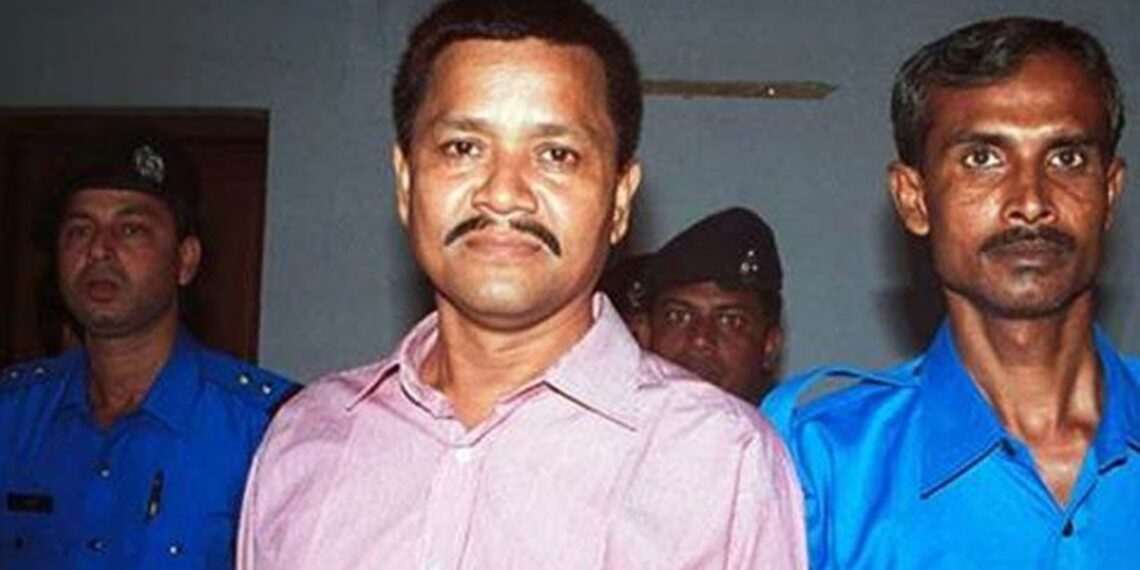GUWAHATI: The pro-talk faction of the United Liberation Front of Asom (ULFA) has reiterated that it has no aspiration of venturing into politics following the signing of the peace accord but have specific requests they’d like the Centre to address.
The faction told the press that they have finalised their part of the Tripartite peace agreement with the Centre and Assam government, and have sent it to the former.
“Upon the signing of the agreement, ULFA will be disbanded. We have no ambitions to venture into politics or participate in electoral contests. Any decision by members to engage in politics will be entirely personal,” Pradip Gogoi, the vice-president of the faction said after the meeting of the General Council of the outfit at Wild Grass in Kaziranga, Assam, on Wednesday.
ALSO READ Gauhati High Court clears six accused in 2004 Dhemaji bomb blast
Acknowledging the government’s efforts in addressing the outfit’s issues, Anup Chetia, the general secretary of ULFA (pro-talk), said, “We are waiting for a positive response from the Centre to our demands. We are optimistic and praise the sincerity shown by the Central government.”
Drawing attention to the recent delimitation exercise in the state, Chetia announced that one of their core demands is reservation for indigenous people of the state in 94 seats of Assam Assembly. “This is more important after the delimitation exercise,” he said.
Furthermore, Chetia pressed for an accurate National Register of Citizens (NRC) tailored for Assam and that the cut-off year for the state under the Citizenship (Amendment) Act (CAA) be changed from 2014 to 1951.
ALSO READ Tripartite peace talks with ULFA pro-talks faction after I-Day in New Delhi
Earlier on August 18, a delegation from the faction, including members such as Chetia, Aarbinda Rajkhowa, Raju Baruah and Sasha Choudhury, had engaged in peace talks with high-ranking officials from the Union Home Ministry and the Intelligence Bureau in Delhi.
Post the two-day meeting, there were reports of the ULFA (pro-talk) raising the issue of reservation to indigenous population of the state during the meeting.















